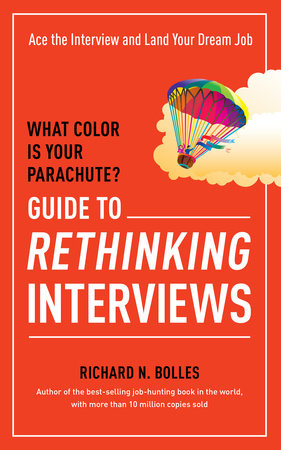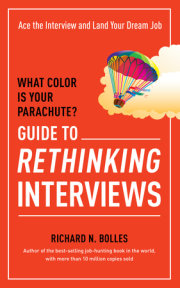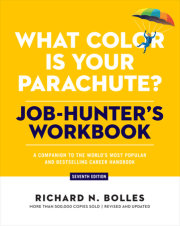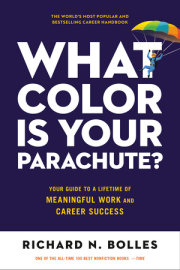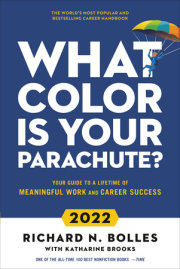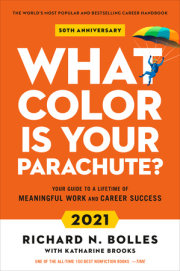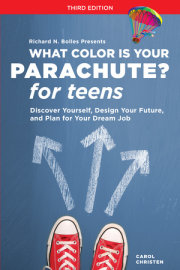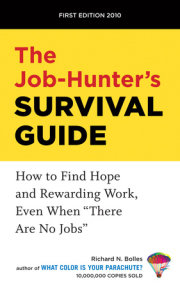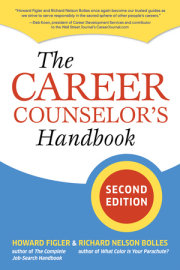The Three Most Important Things About Job Interviews Boiling Things Down to Their Essence
“How to interview” is a very popular subject: in magazines, on the Internet, on YouTube, blogs, and websites. Indeed, whole books have been written about the subject. If all this advice were put together, you’d have an encyclopedia to study. But you don’t have the time, or the patience, to read all that stuff.
So, what I want to do in this small guide is to begin by boiling it all down, into a few essential ideas.
Out of all the advice that is out there, here are the three most important things to know about job interviews.
The First Most Important Thing to Know About Interviews
An interview for a job is essentially just a conversation. Let’s use the metaphor of
dating. This conversation is two people—employer and job-hunter—attempting to decide whether or not you both want to try “going steady.” A conversation requires two people, not one. This is not a silent auction. You’re thinking that in the interview it’s all up to the employer. Well, that’s not true. What the employer decides is critical, of course; but so is what you, the job-hunter, decide. If you doubt this last point, meditate on the word “quit.” It’s obvious you have something to say about taking this job, either now or later. (Choose
Now.)
Even if you’re at the end of your rope, flat broke, starving, and you’ve got to take
anything that comes along, at this point, you still have the right to ask intelligent questions during the interview about what you’re getting yourself into. You don’t just sit there, quietly. The job interview should always be a genuine conversation.
It is important to notice that this conversation involves two stages. Most job-hunters assume it has just one: sell the employer on the idea that you’re the best person for the job. From the minute the interview begins, sell, sell, sell.
No, no, no. A true conversation has two stages, for both participants: first, information gathering, and only then, selling yourself.
What kind of information do you as job-hunter want to gather? That’s pretty simple. You use the interview to satisfy your every curiosity about the place, the job, and the people there. You try to find out “
Do I like you all? Do I want to work here?” You want to find that out
now, not have to quit in two months, or somewhere down the road.
Only when you have finished your information gathering, only if you have concluded “Yes, I think I do want to work here,” do you then turn your energy toward the second phase of the conversation:
marketing—selling them on the idea that You’re The One.
It goes without saying that the interview is an information-gathering process for the employer as well. You already knew that. Whether one person or a team is interviewing you, they are using the interview(s) to find out
“Do we like you? Do we want you? Do you have the skills, knowledge, or experience that we really need? Do you have the right attitude that we are looking for? And, how will you fit in with our other employees?” Only if they decide that they want you, do they then enter into
their second phase: selling you on the idea that this would be a good place for you to work.
So there you have it, the first most important thing about the interview: It is a two-way conversation, between you and the employer, that has two steps for each of you: collecting information, then—and only then—selling.
Copyright © 2014 by Richard N. Bolles. All rights reserved. No part of this excerpt may be reproduced or reprinted without permission in writing from the publisher.

